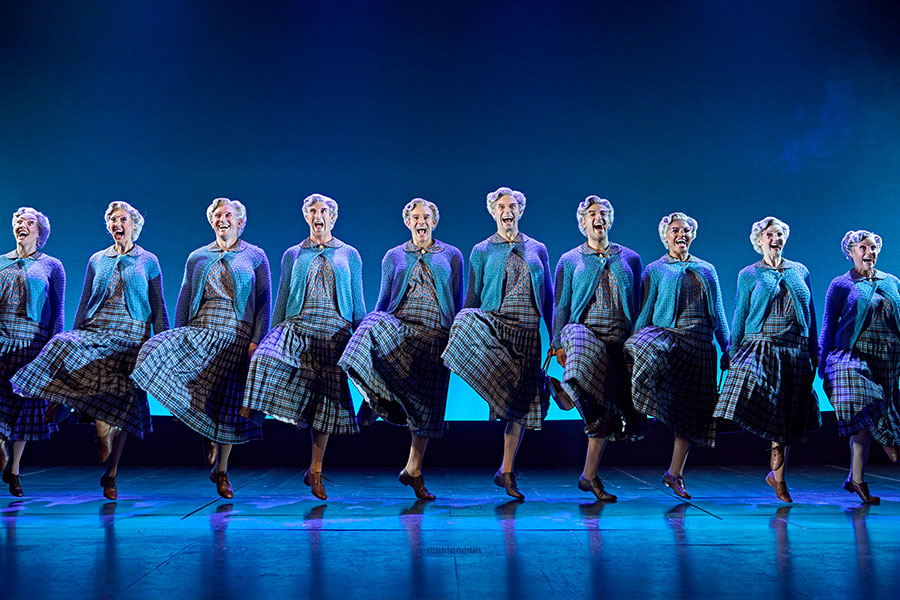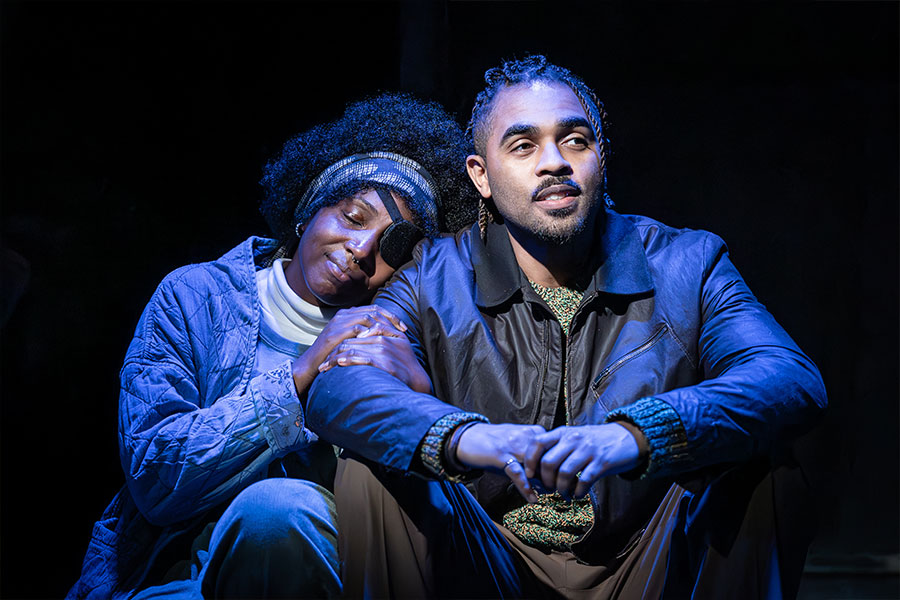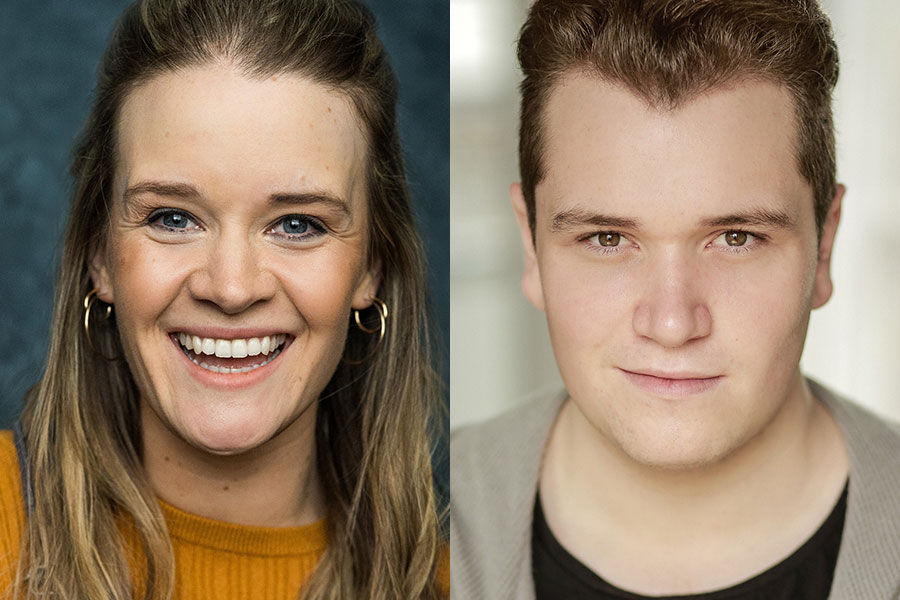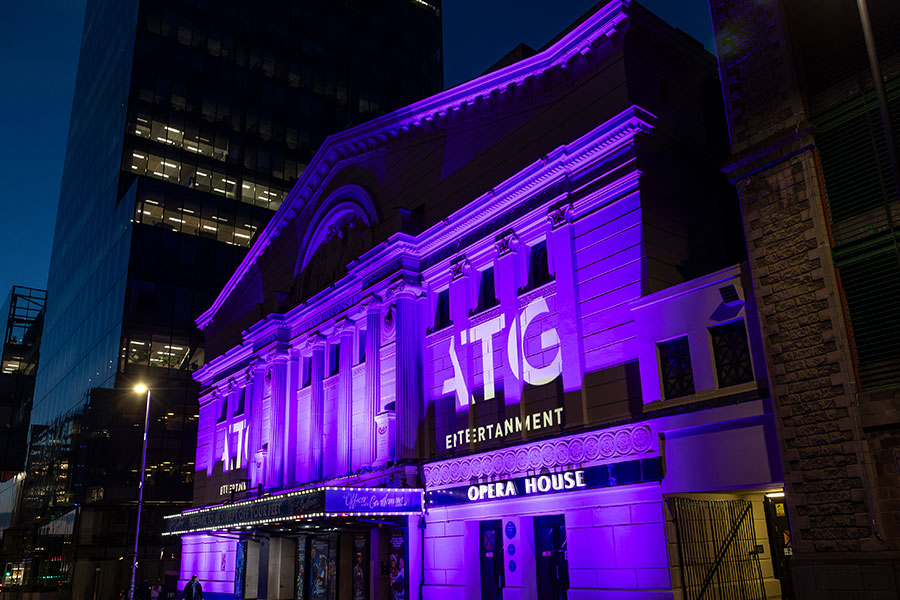Review: Mitridate, re di Ponto (Royal Opera House)
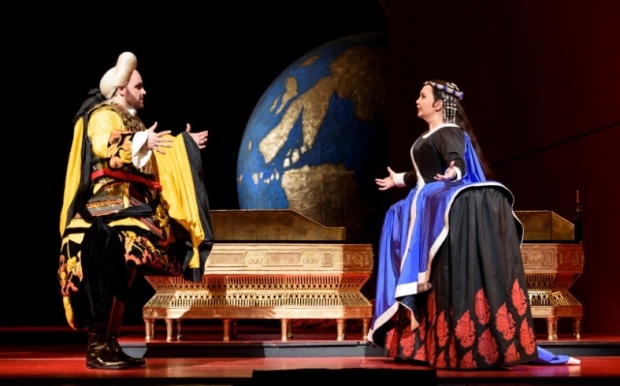
© Bill Cooper
It's no out-and-out masterpiece but it's not bad for a 14-year-old. Few of us had even heard of Jean Racine at that age, let alone turned one of his plays into an opera; yet Mitridate, re di Ponto, Mozart's second full-length lyric drama and his first on a serious subject, astonishes with its maturity and ambition.
Graham Vick's staging for the Royal Opera has been around for a quarter of a century and it still looks startling. Designed by a young Paul Brown with mobile red walls offset by costumes of courtly excess that would be at home in an outlandish episode of Doctor Who, there's a sense that, as with Vick's spectacular Hipermestra at Glyndebourne last month, the production's striving to hold the attention through a long opera that needs a bit of help.
Except that unlike Cavalli's less inspired score, Mitridate can look after itself.
It's easy to see the appeal to the teenage composer. A beautiful woman betrothed to a king but also loved by his two sons – it has the zest of sex and a faint zing of incest. Not that the young composer turns to smut. He reserved that kind of thing for his letters. And Vick too shuns carnality, cutting to the chaste throughout his ultra-stylised presentation. With the thrice-adored Aspasia clad in a range of occasional tables and soft furnishings, it's probably as well they don't get too physical.
Albina Shagimuratova, all too rare a visitor to these shores, rose above the indignities and sang with a beauty that never palled even at volume. The Russian soprano's grace notes in Aspasia's second-act showpiece, "Nel grave tormento", were as sweetly centred and powerful as her sustained lines elsewhere.
Her three suitors also shone brightly. Michael Spyres in the title role confirmed his pre-eminence as the leading fireworks tenor of today, impossible top notes spewing forth like sparks from a roman candle, while Bejun Mehta, one of the most intelligent as well as mellifluous of current countertenors, exquisitely charted the 'bad' son Farnace's journey to redemption.
Georgian soprano Salome Jicia as the sympathetic sibling Sifare overcame a slight squeezebox quality to her timbre and complemented Shagimuratova in a spellbinding "Se viver non degg'io", the opera's only duet. She also persuaded me that Sifare's "Lungi da te", with its mournful horn obbligato, is as heavenly as any music Mozart would conceive in his maturity.
The performance of the evening was Lucy Crowe's elegant turn as Ismene, Farnace's cold-shouldered former love. Not only did she sing with heart and beauty, the soprano rendered Ron Howell's curious choreography, Kabuki meets The King and I, with immaculate physical control.
A thin plot it may be (Racine was more concerned with poetic emotion than incident) but thanks to a display of blissful conducting by Christophe Rousset, urgent but never driven and felicitously phrased at every turn, the best part of four hours zipped past in a carnival of colour and musical rapture.
Mitridate, re di Ponto continues its short season in repertory at the Royal Opera House until 7 July.




